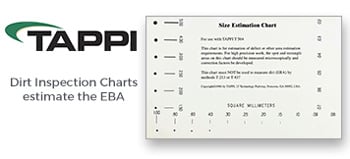Compression refining: the future of refining? Application to Nordic Bleached Softwood Kraft pulp, TAPPICon24
A new compression refining technology based on the kneading of high consistency pulp, has been selected and tested in various conditions with a model Nordic bleached softwood kraft (NBSK) pulp. The method uses a kneader mixer referred to as the Ultra Continuous Mixer (UCM) to condition the pulp. Its performances were also compared with those obtained with traditional LC refining of the same pulp.
Compression refining of the NBSK pulp with the UCM mixer led to a much better °SR / strength compromise than conventional LC refining. High strength properties can also be achieved by compression refining, in a similar range / better than LC refining. The higher the strength requested, the largest the advantages of this technology: for a given resistance, up to 10°SR difference with LC refined pulp can be obtained. Moreover, higher tear can be obtained with compression refining since fibers are much less cut.
The lower °SR is due to less cellulosic fines release which also result in new papers combining a high strength and a high permeability which cannot be obtained with traditional LC refining. Indeed, with LC refining, a high strength is generally associated to a low permeability. The upscaling of this technology seems possible since large production devices are already on the market for other applications than paper / pulp. With this new pulp behaviour, papermakers will have to learn to think differently as paper strength and °SR can now be decorrelated.
TAPPI
conference proceedings and presentations, technical papers, and publication articles provide technical and management data and solutions on topics covering the Pulp, Paper, Tissue, Corrugated Packaging, Flexible Packaging, Nanotechnology and Converting Industries.
Simply select the quantity, add to your cart and your conference paper, presentation or article will be available for immediate download.





